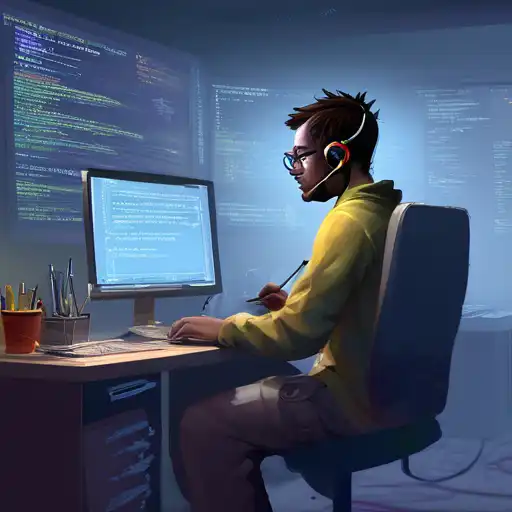Introduction to Debugging for New Programmers
Debugging is an essential skill for every programmer, especially for those just starting out. It involves identifying and resolving errors or bugs in your code that prevent it from running correctly. This article will provide you with essential debugging tips to help you become more efficient and confident in your coding journey.
Understand the Error Messages
One of the first steps in debugging is to understand the error messages your development environment throws at you. These messages are not just random text; they are clues that can lead you to the root of the problem. Take the time to read and comprehend these messages, as they often tell you exactly where and what the issue is.
Use a Debugger Tool
Most Integrated Development Environments (IDEs) come with built-in debugger tools. These tools allow you to step through your code line by line, inspect variables, and see the flow of execution. Learning how to use these tools can save you a lot of time and frustration.
Break Down Your Code
When faced with a bug, try breaking down your code into smaller, more manageable pieces. Test each piece individually to isolate the section causing the problem. This approach, known as divide and conquer, can make the debugging process much more manageable.
Check for Common Mistakes
New programmers often make common mistakes such as typos, incorrect syntax, or logical errors. Always double-check your code for these issues before diving deeper into more complex debugging techniques.
Take Breaks
Debugging can be mentally exhausting. If you find yourself stuck, take a short break. Stepping away from your code can help you return with a fresh perspective and often leads to spotting the error you previously overlooked.
Seek Help When Needed
Don't hesitate to seek help from more experienced programmers or online communities. Platforms like Stack Overflow can be invaluable resources for finding solutions to your coding problems.
Practice Makes Perfect
Like any other skill, debugging improves with practice. The more you code and debug, the better you'll become at identifying and fixing errors quickly. Remember, every programmer, no matter how experienced, encounters bugs in their code.
Conclusion
Debugging is a critical skill that all programmers must master. By understanding error messages, using debugger tools, breaking down your code, checking for common mistakes, taking breaks, seeking help, and practicing regularly, you'll become more proficient at debugging and a better programmer overall. Happy coding!
